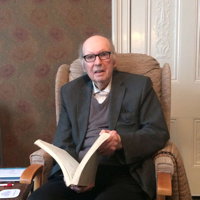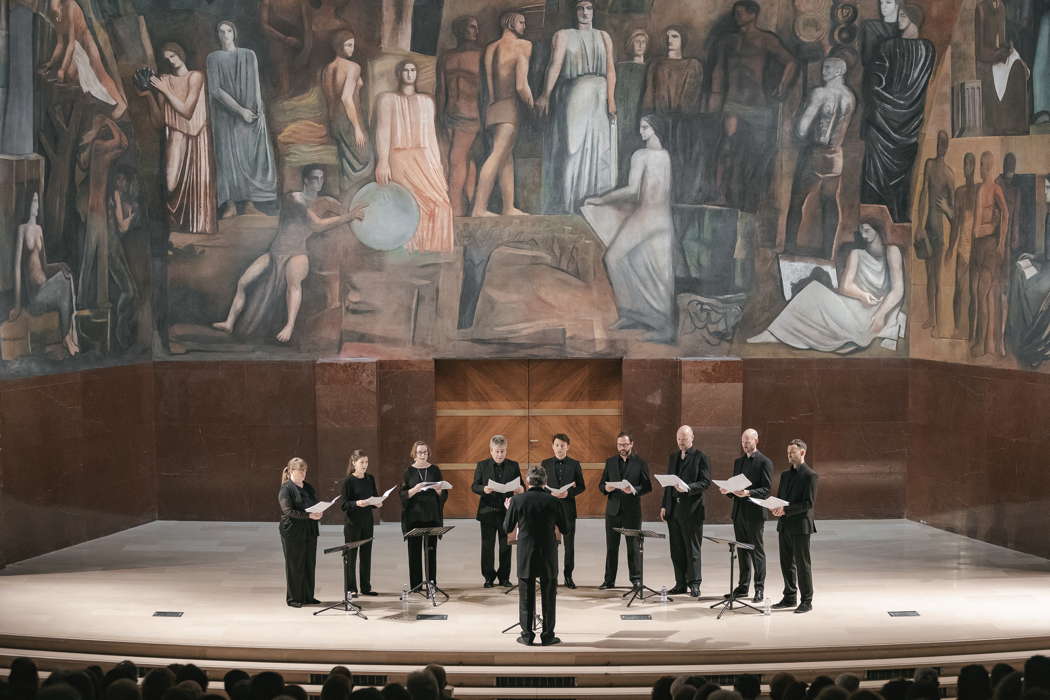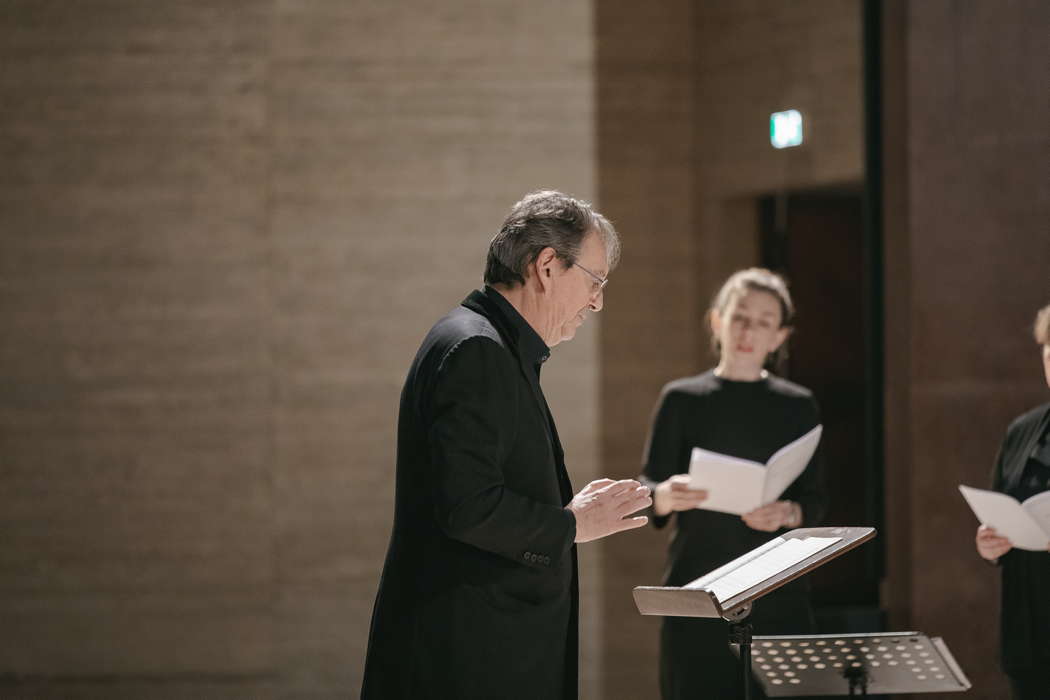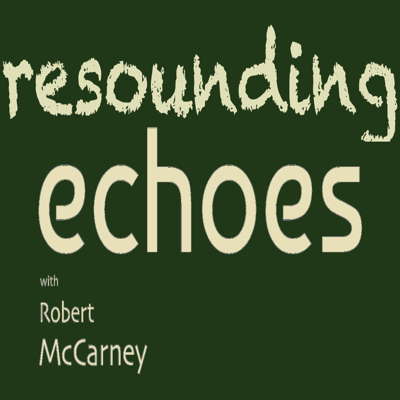 SPONSORED: Profile. A Gold Mine - Roderic Dunnett visits Birmingham to talk to John Joubert.
SPONSORED: Profile. A Gold Mine - Roderic Dunnett visits Birmingham to talk to John Joubert.
All sponsored features >>
Josquin 500
GIUSEPPE PENNISI listens to the Tallis Scholars in Rome
This 27 November IUC (Istituzione Universitaria dei Concerti) concert is one of the initiatives to commemorate the 500th anniversary of the death of Josquin des Prez. I think it is the only one in Rome, while I remember others at the Academia Chigiana in Siena and elsewhere in Tuscany and Emilia. Josquin des Prez (c1450 – 27 August 1521) was one of the greatest representatives of the Franco-Flemish school, with contemporaries Heinrich Isaac, Jacob Obrecht and Pierre de La Rue. The invention and development of polyphony and the madrigal are, to a large extent, due to this school. The school was the predominant musical movement in the humanistic-Renaissance era, originating in the regions of northern France and present-day Belgium, which flourished between about 1450 and the end of the sixteenth century. The concert is therefore also part of the cycle of madrigals by Gesualdo that the IUC had started before the pandemic and whose resumption is scheduled for the first months of 2022. The 'cycles' are one of the features of the IUC seasons. They aim at providing an in-depth knowledge of a composer.
Josquin was probably born near Saint-Quentin, Picardy. He was adopted in 1466 by the family of his uncles, who had Desprez as their surname. He studied at Saint-Quentin, where he was a child singer at the Royal Basilica. His first employment, of which we have certain news, is in Aix-en-Provence between 1477 and 1478, as cantor of the chapel of René d'Anjou, the 'good Roi René' of Tchaikovsky's opera Iolanta. Between 1483 and 1484, he entered the service of the Milanese court of the Sforza.
Following Cardinal Ascanio Sforza, he was probably in Rome in 1484-85 and in Paris in 1489. Formally, the composer was 'ducal singer', that is, in the service of the young duke Gian Galeazzo Sforza, but the government of the duchy was firmly in the hands of Ludovico il Moro, the duke's older brother and royal patron of Josquin. Between about 1489 and 1495, Josquin served at the papal chapel in Rome. After some trips to France, he moved for a time to Ferrara to serve Ercole I d'Este. For him he would write the Mass Hercules dux Ferrariae, one of his major and best-known works. After 1505, he moved to France, but did not stop traveling. He died in Condé-sur-l'Escaut in 1521.
These biographical notes are important to understand the importance of Josquin who sowed seeds throughout the musical Europe of the Renaissance. Composer of about twenty Masses, composed according to various techniques (such as the Mass on cantus firmus, the paraphrase Mass, the parody Mass) and also based on secular music, such as the famous melody L'homme armé, a hundred motets and over fifty profane vocal works in French and Italian. Desprez was a reference point for all his contemporaries. His importance is indicated by the fact that the printer Ottaviano Petrucci dedicated three books to his Masses in the first two decades of the sixteenth century. Josquin's fame was such that many wanted to publish music signed with his name to promote its success.
For expressive clarity and balance between text and music, moreover supported by happy melodic invention and wide knowledge of counterpoint, Josquin can be considered as one of the most representative musicians of the Renaissance. His work proved to be open to all forms and techniques known in his time, so it appears to be both a synthesis of musical culture and an anticipation of the evolutionary paths of European polyphony.
The concert program was well conceived: the main pieces - Kyrie, Gloria, Credo, Sanctus, Benedictus and Agnus - of his best known work, the Missa Hercules Dux Ferariae, are interspersed with his Stabat Mater and pieces by Giovanni Pierluigi da Palestrina and William Byrd. The first is a well-known Italian composer slightly younger than him; the second is English and of the generation just after him. This allows the listener to grasp the influence of Josquin des Prez on his own era and the next. Palestrina's polyphony appears slightly smoother than Josquin's. That of Byrd, who had a long life and at a certain moment became a Roman Catholic, is slightly more Nordic or more foggy, slightly dark even in songs such as Ave Verum. Within Josquin's pieces, the difference between the celebratory grandeur of the Missa Hercules Dux Ferariae and the intimate character of the Stabat Mater stands out.
The best way to enjoy this Sacred Renaissance music is in the church and by candlelight, as I had the opportunity a few years ago at the Umbrian Music Festival. The 27 November 2021 concert was entrusted to the Tallis Scholars. Not for nothing, the last concerts by the Tallis Scholars in Italy were held in places such as the Duomo of Florence, the Duomo of Siena, the Basilica of San Francesco di Assisi, San Vitale and Sant'Apollinare in Ravenna and the Basilica of San Marco in Venice.
The Aula Magna of the University of Rome 'La Sapienza' is a good substitute since the performance area is like an apse, releasing excellent stereophonic effects thanks to the acoustics of the hall. The pieces are 'a cappella', without accompaniment, therefore, by instrumentalists or organ, for ten or eight voices, with female voices (sopranos and altos) on the left and male ones (tenors and basses) on the right.

The Tallis Scholars directed by Peter Philips at Aula Magna della Sapienza in Rome. Photo © 2021 Federico Priori and Andrea Caramelli
The Tallis Scholars (named after the Renaissance composer Thomas Tallis) are the world's most famous vocal ensemble of polyphonic music. This is due to the careful work on intonation and fusion of timbre of the voices. Peter Phillips, the conductor, has worked for years to create an absolute purity and clarity of sound, which soon became the stylistic code that characterizes the vocal group. This characteristic is immediately felt when listening to a live performance, in a much more meaningful way than on one of the ensemble's sixty CDs.

Peter Philips directing the Tallis Scholars in Rome. Photo © 2021 Federico Priori and Andrea Caramelli
It was a great success in a full Aula Magna, and also in the gallery. As an encore the Tallis Scolar offered a Salve Regina by Nicholas Gombert, a Flemish pupil of Josquin who had various adventures at the court of Emperor Charles V.
Copyright © 6 December 2021
Giuseppe Pennisi,
Rome, Italy




